With an array of protein powders available on the market, it becomes very difficult to make a choice. Currently, the two rival protein powders are plant protein and whey protein. Each has its pros and cons, but which of these two is the best for you, and why? This blog compares different plant-based and whey protein aspects, such as production, protein content, cost, etc., to help you make an informed decision. Read along to find out.
What is Whey Protein?
Whey protein is one of the most important proteins found in milk. The liquid is removed from the curds during the cheesemaking process. This liquid whey is eventually dried and transformed into a well-known protein supplement. It's also used to boost the creaminess or thickness of certain processed foods. Whey protein supplements are frequently found in the form of bars, sports drinks, or protein powders. Whey protein powder is a high-quality protein that has been shown to help with muscle growth and recovery.
What is Plant Protein?
Plant protein excludes all animal proteins, including those found in milk, such as whey and casein. Plant protein is extracted from plants using chemical, ultrafiltration, or enzymatic methods. Enzymatic extraction appears to be the "cleanest" method of protein isolation because no additional chemicals are required. Once the protein isolate has been extracted, the powder is combined with additional substances to make flavored powders and baked goods. Plant protein has been found to provide more health and physical benefits than animal protein, and it is also more sustainable. Most people find it easy to digest and unlikely to cause stomach distress.
Plant-Based Protein Vs. Whey Protein: Which One’s Best for You?
Here are some aspects that’ll help you differentiate between whey and plant-based proteins:
Where do they come from?
Whey Protein
Whey is a liquid that’s left behind (byproduct) after cheesemaking. This liquid, once collected, is stripped of all components, including carbs, fats, and water, leaving behind protein. Now, this protein-rich liquid is spray-dried into what you call: whey protein powder.
Plant Protein
On the other hand, plant-based proteins are extracted from plants of different types. Common examples are hemp, soy, peas, and brown rice. Also, you may find plant-based protein powders that extract proteins from either one or multiple plants, depending on the brand.
How much protein do they have?
Whey Protein
Whey protein powder, on average, contains around 20-30 g of protein per serving. Also, whey protein is a complete protein as it has all nine essential amino acids: Histidine, Methionine, Leucine, Lysine, Phenylalanine, Isoleucine, Valine, Threonine, and Tryptophan.
Plant Protein
Similar to whey protein, plant-based protein powders also offer 20–30 g of protein per serving. Plant-based protein powders have fewer branched-chain amino acids (BCAA) than whey protein, however, there are some exceptions, like pea protein and chia seed protein, that provide all nine essential amino acids.
Food sensitivity
Whey Protein
This powder comes with lactose, to which several individuals are intolerant. While you can go for a whey protein isolate that contains less lactose than regular, you may still experience gas, bloating, and an upset stomach. These issues can get worse if you’re highly lactose intolerant.
Vs
Plant Protein
Plant-based powders are usually non-allergic and safer compared to whey proteins. It is considered safer for the gut.
Cost
The cost of whey or plant-based protein depends largely on what brand is selling it. But it is safe to assume that the cost of both of these types of protein powders falls within the same price bracket.
Calorie Content
Whey Protein
It is known to increase satiety and thus promote weight loss. However, as whey comes from milk, most commercial forms of whey protein powder contain macronutrients and saturated fats, which mean calories.
Vs
Plant Protein
On the other hand, plant-based protein powders are capable of keeping you full for longer without adding any extra calories. So, plant-based protein powders have fewer calories as compared to whey protein, making them a healthier, cleaner, and more effective source of protein.
Which should you choose?
Whether whey protein is better than plant-based protein varies from person to person.
For instance, if you’re someone who suffers from lactose intolerance, opting for whey protein would be a bad decision. You can go for plant-based proteins and experience the same benefits.
On the other hand, if you suffer from a soy allergy, you should avoid plant-based proteins that contain soy.
Plant-based protein powders have recently become popular. And they’ve been linked to several physical health benefits. Also, plant-based protein powders are a smart choice, especially for those who rely on a plant-based diet. But are you confused about which plant-based supplement to give a try from the plethora of supplements available on the market? Well, worry not, for we have the perfect one for you!
Superfood Plant Protein Powder by Wellbeing Nutrition
It’s a plant protein, but better! The protein source used in Superfood Plant Protein is derived from golden European peas (pea protein isolate), brown rice, & chia seeds. To take it one step further, this plant protein powder comes with the power of superfoods and a number of digestive enzymes.
This protein powder goes beyond weight management; it improves absorption and aids in boosting your metabolism. It also contains all the essential amino acids and branched-chain amino acids that are necessary to preserve and build lean muscle tissue. Additionally, it is a natural blend, that is free from artificial sugar and colorants. It is available in 4 delicious flavors-Vanilla Caramel Protein, Dark Chocolate Hazelnut, Italian Café Mocha, and British Banoffee Pie.
Wrapping Up
In the battle between whey protein vs plant-based protein, the latter is definitely a better, cleaner, more reliable, and more effective option. Wellbeing Nutrition's Superfood Plant Protein Powder is a plant-based protein you definitely want to include in your daily routine. It is safe for the gut, contains essential amino acids, and is an excellent metabolism booster and muscle builder.
References
Torres, E. F., González, G., Klotz, B., Sanz, T., Rodrigo, D., & Martínez, A. (2019). Effect of the addition of liquid whey from cheese making factory on the physicochemical properties of whey protein isolate gels made by high hydrostatic pressure. Journal of food science and technology, 56(1), 245–252. https://doi.org/10.1007/s13197-018-3483-5
Górska-Warsewicz, H., Laskowski, W., Kulykovets, O., Kudlińska-Chylak, A., Czeczotko, M., & Rejman, K. (2018). Food Products as Sources of Protein and Amino Acids-The Case of Poland. Nutrients, 10(12), 1977. https://doi.org/10.3390/nu10121977
Gorissen, S., Crombag, J., Senden, J., Waterval, W., Bierau, J., Verdijk, L. B., & van Loon, L. (2018). Protein content and amino acid composition of commercially available plant-based protein isolates. Amino acids, 50(12), 1685–1695. https://doi.org/10.1007/s00726-018-2640-5
Szilagyi, A., & Ishayek, N. (2018). Lactose Intolerance, Dairy Avoidance, and Treatment Options. Nutrients, 10(12), 1994. https://doi.org/10.3390/nu10121994
Hertzler, S. R., Lieblein-Boff, J. C., Weiler, M., & Allgeier, C. (2020). Plant Proteins: Assessing Their Nutritional Quality and Effects on Health and Physical Function. Nutrients, 12(12), 3704. https://doi.org/10.3390/nu12123704







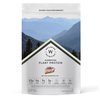





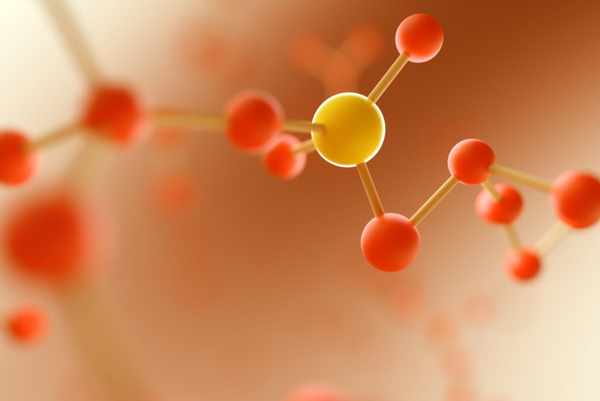

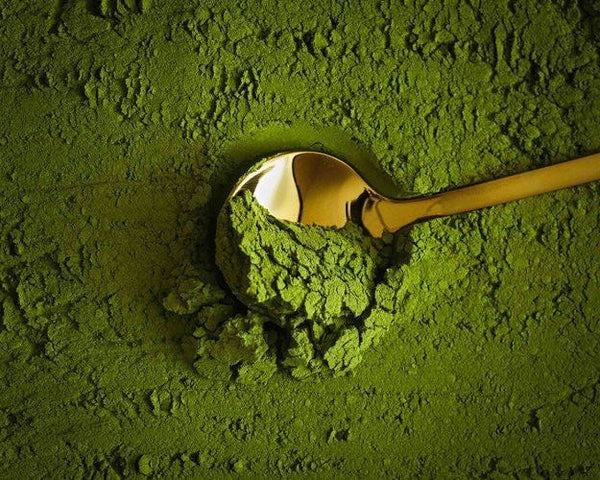

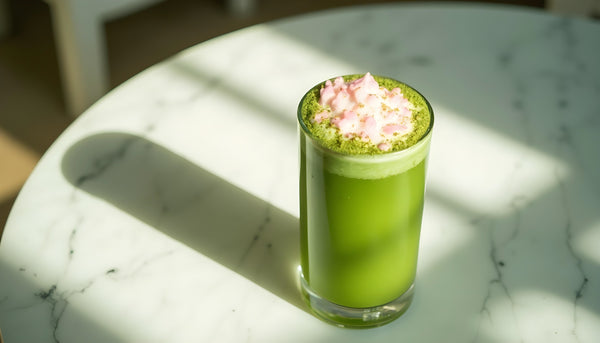


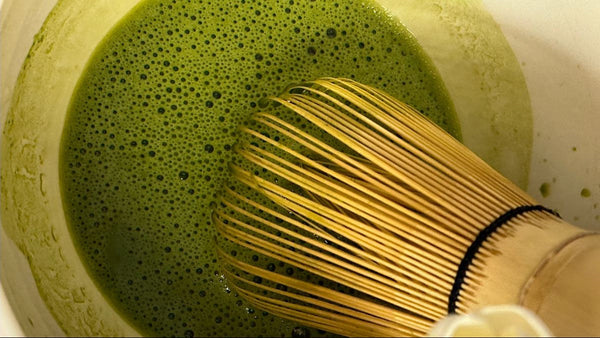
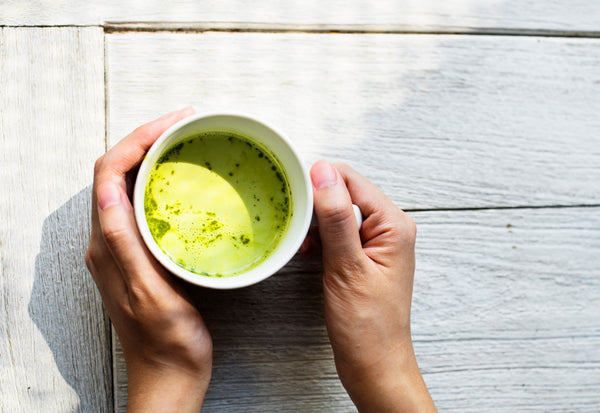






 DOWNLOAD NOW
DOWNLOAD NOW
